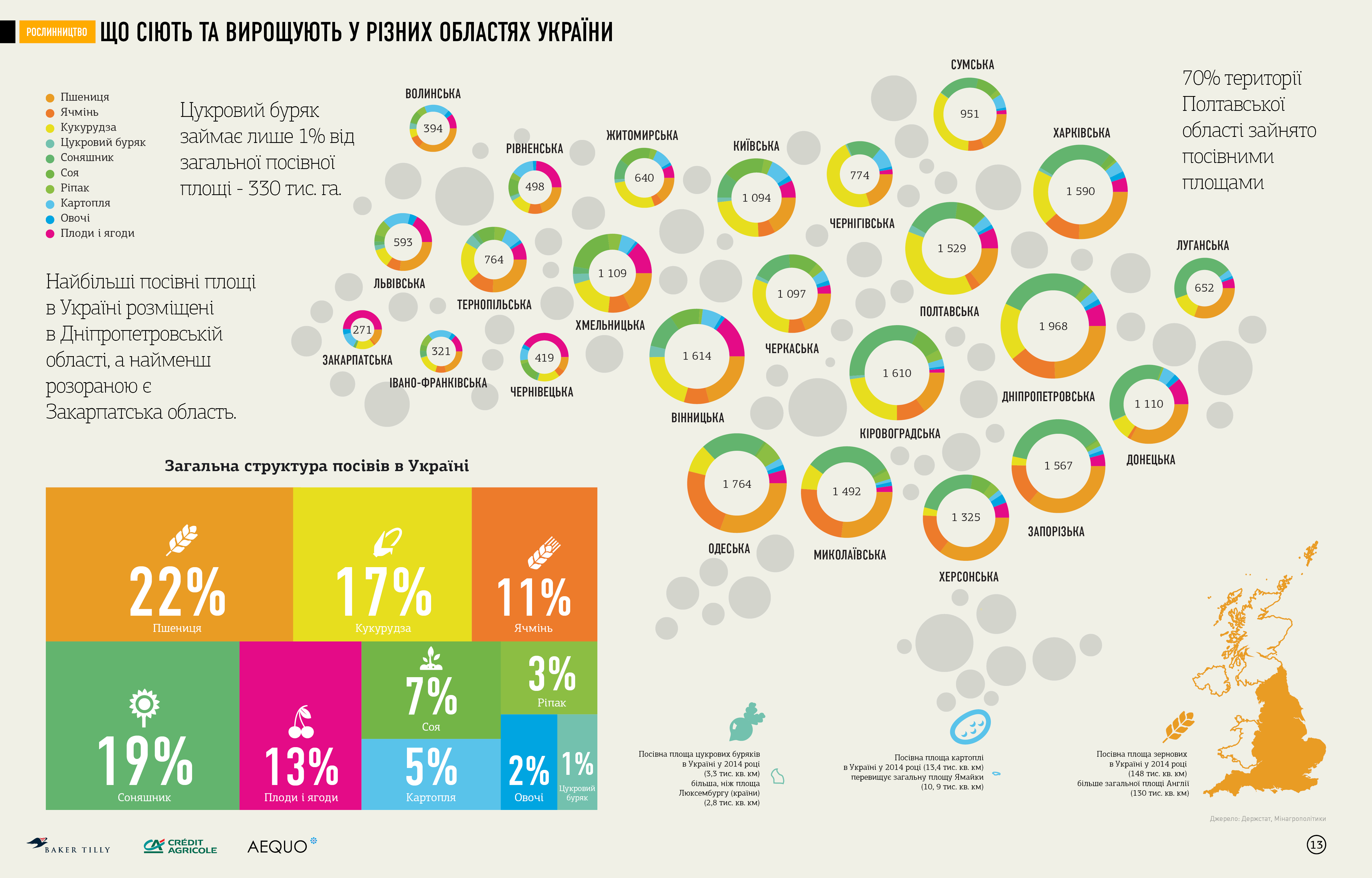The idea to give the specific part of the work to the executor at the other end of the planet is not new. It is in constant use and is convenient for the companies of different sizes. Therefore, business models associated with the outsourcing are constantly modified for the co-operation to occur more smoothly and efficiently.
More and more entrepreneurs decide to purchase services from multiple vendors, coordinating the overall operation through the cloud. Or they prefer to buy most of them, yet leaving for themselves some of the functions – this is a so-called hybrid model. In this article we describe what trends should be expected in the sphere of outsourcing in 2016.
1. The productivity of outsourcing deals will double
The customers tend to get more from their outsourcing deals. Sandler Research states that their goal for 2016 is to double the already existing productivity. To this end, the company will work on the automation of processes, simplification of the information environment and will optimize expenses.
The company will especially invest in the development of platforms for multiple service delivery as well as enlarge staff performers to automate their work through the use of the new software. In addition, with the help of the programs they will count, control and monitor tasks carried out within the same organization and between them.
2. The most promising trend for outsourcing will remain service support, technical support, and work with applications
British research company Kable predicts that about 17% of the companies that have not yet taken advantage of outsourcing will do that in the next two years. In addition, there is also a prediction that some companies will be transferred to the outsourcing of their IT infrastructure, creating a hybrid cloud environment – interconnected cloud infrastructures.

3. Contracts between the customers and performers will be flexible
According to the data of Information Services Group, at the market of outsourcing services, a weighty word belongs to the buyer. This is the reason why the contracts concluded become more flexible: they enable contractors to provide the customers with the most relevant services, even if their needs change with time. Quite often the buyers are provided with the favorable commercial and legal conditions to enable them to integrate or, on the contrary, divide into smaller working units the team of performers throughout the term of the contract.
4. The companies will give the big data for outsourcing
CenturyLink suggests that those who do not have enough resources for the storage and analysis of large data will give these tasks for outsourcing.
Similar work with large amounts of information is not new. Thus, many problems connected with it arise, such as leakage or loss of data. However, while they are being resolved, more complex projects are being launched.
5. Cloud providers will gain a competitive advantage
BPM Watch suggests that this approach will benefit providers in the outsourcing market, while large companies are able to “conquer” them.
However, even if these companies will not think of the competitive advantage as a significant factor, they still want to improve their service model: it will increase the effectiveness and efficiency of their own business processes.
An approach according to which it is necessary to employ the staff and put your server for them does not become a “legacy mode” for no reason. It becomes unprofitable. A new variant of the company organization is the following: to bring together in a unified system the services from different contractors and to optimize their coordinated work.
Based on materials of Brennan IT

